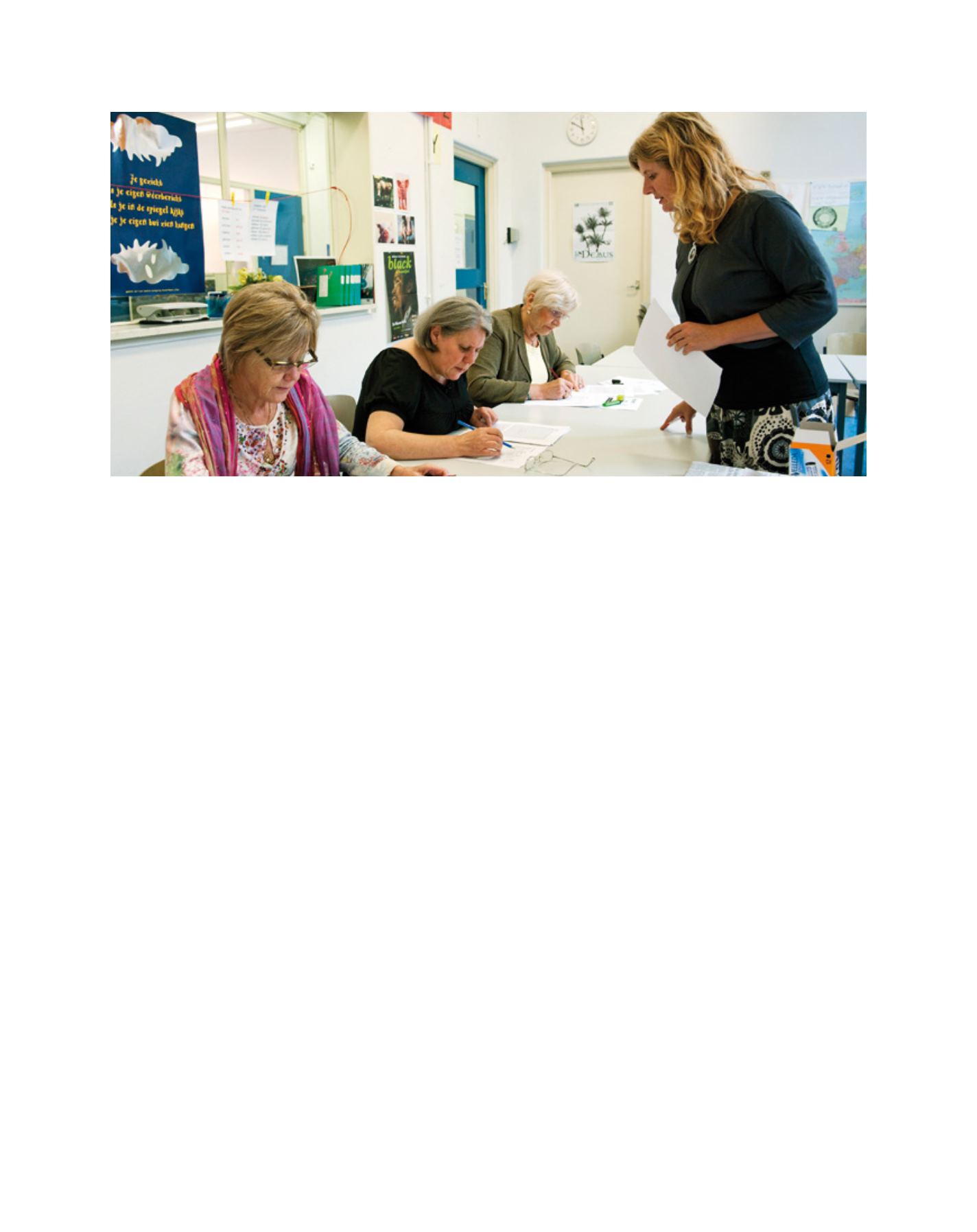

[
] 177
• Learning to be
• Learning to know
• Learning to live together
• Learning to do.
The objectives of these proposed pillars intersect and share common-
alities, each contributing to the formation of a whole. Learning that
goes beyond the instrumental view of education helps to realise the
full human potential, thus allowing individuals to lead lives that
they value.
To this end, the vision of this report could also be seen not so
much in terms of education as in terms of learning and learning
outcomes. The four pillars could be used as one of the elements
to inform the proposed assessment framework for ESD learning
outcomes, as they provide a broad scope and allow space for the
interpretation that is necessary to reflect the differences at regional,
national and local levels.
DESD Monitoring and Evaluation process: Learning for a Sustainable
World report series
The DESD Monitoring and Evaluation process, which spans the life
of the decade, comprises three distinct phases, each with a specific
focus:
• 2007–2009: Phase I – focusing on contexts and structures for ESD
• 2007–2011: Phase II – focusing on processes and learning for ESD
• 2011–2014: Phase III – focusing on outcomes and impacts of the
DESD
Findings from each phase will inform a report.
Since ESD-related learning is still in its very early stages, there
was a lack of existing baseline data to inform the process. Efforts
in the Europe/North America and Asia/Pacific regions to develop
ESD-related assessment frameworks are commendable and have
informed the development of the monitoring and evaluation process
for the decade at the global level. The database of ESD
indicators is slowly but surely developing with every
phase, as are the ways to capture valuable information.
This database could help countries monitor how well
they address all the dimensions of sustainable develop-
ment and contribute to developing a shared regional
and national vision, which is in fact a requisite for ESD.
The body of work achieved through the monitoring
and evaluation process for the decade could also be
used to develop new and innovative ways of captur-
ing ESD-related information. The area of ESD-related
monitoring and evaluation is weakly researched and is
a process that is currently being developed in a number
of universities around the world.
The monitoring and evaluation process for the
decade at the global level has also created awareness
in countries about the importance of assessment and
to this end, the capacity-building that is necessary. The
momentum that has been created by the process needs
to be built on and further strengthened.
The lessons learned, the database of indicators
developed, and the methods that were used to assess
the different phases of the monitoring and evaluation
process for the decade at the global level provide a rich
and informative body of knowledge that could contrib-
ute to informing the development of the assessment
framework for the learning outcomes of ESD.
Education for All: enhancing the quality of education
The Dakar World Education Forum in 2000 took the clear
position that all human beings have the right “to benefit
from an education that will meet their basic learning needs
in the best and fullest sense of the term.” It echoed the
Delors Report in advocating an education that includes
“learning to know, to do, to live together and to be.”
Learning throughout life: a requisite for a sustainable future
Image: © UNESCO/Sake Rijpkema
















